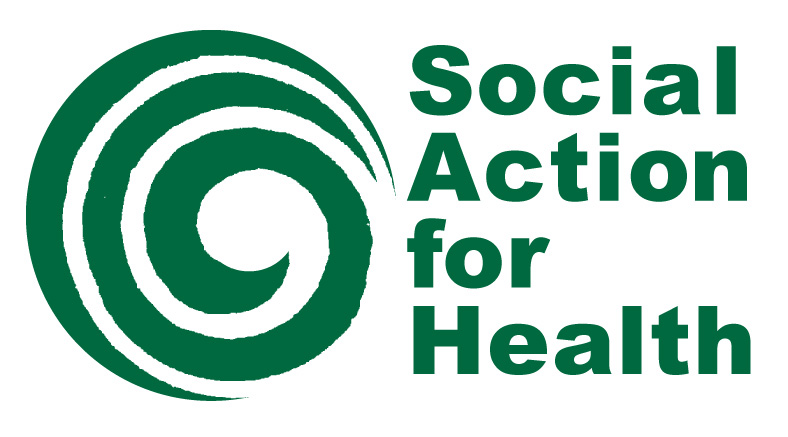Community Research
We use a range of different research and consultation techniques including surveys, one-to-one interviews, focus group discussions, desk-based research and community conversations to ensure the widest possible representation in research. We have a team of community researchers who conduct research in a variety of languages.
It is essential for us that research we are involved in should leave communities stronger, more empowered, and with the information they need to address inequalities.
We carry out our own research to improve our services and work with a range of organisations, such as universities, local authorities, NHS trusts and other partners. We are also experienced in facilitating specific Patient and Public Involvement (PPI) work, such as setting up community advisory panels.
Take a look at some of our community research projects to learn more.
Please contact info@safh.org.uk if you would like to discuss working together on a community research project.
-
Trust and Vaccine Uptake in Tower Hamlets: we have been commissioned by multiple partners to gather in-depth insight on community health concerns, vaccine uptake, and the impact of the Covid-19 pandemic.
Collaboration for Change: enhancing Covid-19 vaccine confidence across ethnic minoritised communities.
Bangladeshi Test and Trace: we were commissioned by the Tower Hamlets local authority to ensure Bangladeshi-speaking families knew how and when to test for Covid-19, the rules surrounding self-isolation, and how to access Tower Hamlets support services. In addition, we gathered and reported on insights from the local community and made recommendations to the local authority on how to improve services.
COVER-ME: working with Queen Mary University of London and Barts Health Charity to explore perceptions and experiences of COVID-19 vaccination and other vaccination programmes.
-
Project Cardinal: raising awareness in local schools of medical research and health inequalities, specifically the use of genetic materials in medical research.
INCLUDED Study: promoting INCLUsivity through improving the practice anD utility of Ethnicity Data collection in trials. We promoted the study, recruited and ran focus groups and conducted interviews with Bangladeshi, Somali, Ugandan and Pakistani communities and fed back their views to researchers to better understand how potential health research participants feel about the collection of ethnicity data, the possible effects of their participation in research, and what might be done to improve this. The findings will contribute to developing initial guidance for researchers to improve collection of ethnicity data in UK clinical health research.
Genes & Health: developing community awareness, supporting, and collecting samples for the Genes & Health research study.
-
Cancer Awareness: increasing awareness of general signs and symptoms of cancer, encouraging attendance at screenings, and increasing confidence in seeking earlier medical intervention.
Engagement with Weight Management Services in Tower Hamlets: understanding the barriers, gaps in understanding, and concerns around accessing weight management services in the borough.
-
We frequently run focus groups to learn from members of the community and to improve our understanding of how to address health inequalities.
To learn more about the focus groups which we run, please visit our Focus Groups page.
If you would like to share your views at one of our focus groups, please email info@safh.org.uk.
-
We have recently run our own research project about mental health in Tower Hamlets and Hackney. Information and link to the full report can be found here.
